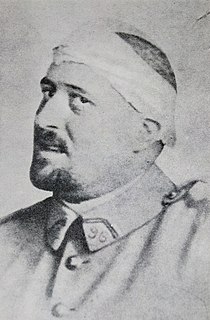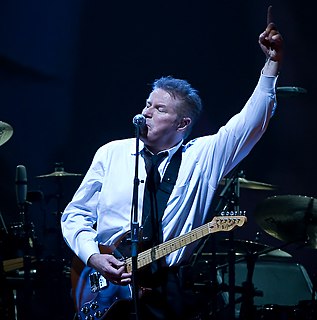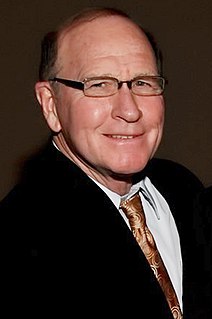A Quote by George Pattison
It's strange that in an age when we pride ourselves on our independence of thought we meekly submit without further question to the declaration of a clearly unbalanced nineteenth century philosopher that God is dead! That's cheeky, of course - and one rarely comes away from reading Nietzsche without learning something new and significant. He's certainly FAR more unsettling for faith than any contemporary atheist I know of.
Quote Topics
Age
Any
Atheist
Away
Century
Certainly
Cheeky
Clearly
Contemporary
Course
Dead
Declaration
Faith
Far
Further
God
God Is Dead
Independence
Independence Of Thought
Know
Learning
Learning Something New
More
New
Nineteenth Century
Our
Ourselves
Philosopher
Pride
Question
Rarely
Reading
Significant
Something
Something New
Strange
Submit
Than
Thought
Unbalanced
Unsettling
Without
Related Quotes
It seems to me that the novel is very much alive as a form. Without any question, every epoch has its own forms, and the novel nowadays cannot resemble that of the nineteenth century. In this domain all experiments are justified, and it is better to write something new clumsily than to repeat the old brilliantly. In the nineteenth century, novels dealt with the fate of a person or of a family; this was linked to life in that period. In our time the destinies of people are interwoven. Whether man recognizes it or not, his fate is much more linked to that of many other people than it used to be.
What is forgiving? Forgiving is giving up all claim on one who had hurt you and letting go of the emotional consequences of the hurt. How can we do that? It's done at the price of beating back our pride. By nature we are selfish. Forgiving, by definition, is unselfish. Being hurt by another person wounds our pride. Pride stands in the way of forgiving. We cannot forgive without God's help. It might be possible for us to forgive something inconsequential without God's help; but in significant matters, we are unlikely to accomplish anything without God's involvement in the process.
Did the nineteenth-century novelists create more generously than we do now? In a general reading of contemporary work, do you see a lot of new and different characters, or is it the same character who is a stand-in for the writer? And it's interesting enough, but it's a weakness I think. We are much more self-revealing and less able to produce new people over and over again.
Without poets, without artists... everything would fall apart into chaos. There would be no more seasons, no more civilizations, no more thought, no more humanity, no more life even; and impotent darkness would reign forever. Poets and artists together determine the features of their age, and the future meekly conforms to their edit.
If a Chinese student does not know Chinese learning, it's like a person without a surname, a horse without a bridle, a boat without a helm. The more Western learning he possesses, the more hateful of China he will become. Even if he becomes a capable man of vast learning, how can he be of any use to the state?
The question we need to ask ourselves is whether there is any place we can stand in ourselves where we can look at all that's happening around us without freaking out, where we can be quiet enough to hear our predicament, and where we can begin to find ways of acting that are at least not contributing to further destabilization.
The man who knows God but does not know his own misery, becomes proud. The man who knows his own misery but does not know God, ends in despair...the knowledge of Jesus Christ constitutes the middle course because in him we find both God and our own misery. Jesus Christ is therefore a God whom we approach without pride, and before whom we humble ourselves without despair.
Hope is not attached to outcomes but is a state of mind, as Vaclav Havel says, "an orientation of the spirit." And I have faith; maybe more than hope, I have faith. I think of my great-grandmother, Vilate Lee Romney, who came from good pioneer Mormon stock. She always said to us that faith without works is dead, so I think if we have hope, we must work to further that hope. Maybe that is the most important thing of all, to have our faith rooted in action.
History tells us more than we want to know about what is wrong with man, and we can hardly turn a page in the daily press without learning the specific time, place, and name of evil. But perhaps the most pervasive evil of all rarely appears in the news. This evil, the waste of human potential, is particularly painful to recognize for it strikes our parents and children, our friends and brothers, ourselves.
"I refuse to prove that I exist" says God, "for proof denies faith, and without faith, I am nothing."
"Oh," says man, "but the Babel Fish is a dead give-away, isn't it? It proves You exist, and so therefore You don't. Q.E.D."
"Oh, I hadn't thought of that," says God, who promptly vanishes in a puff of logic.
































